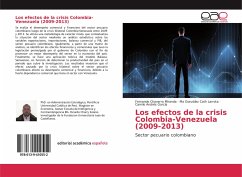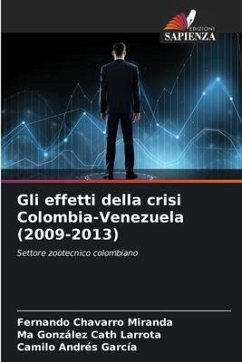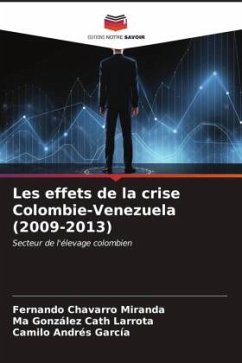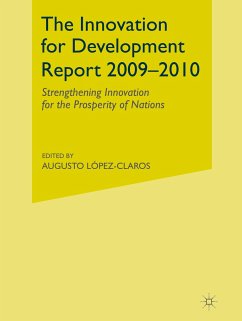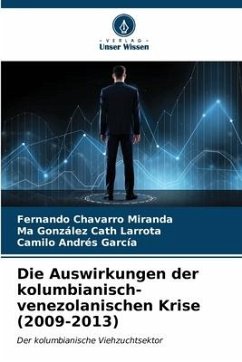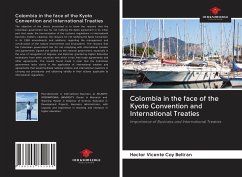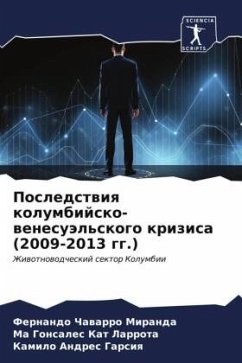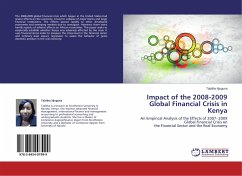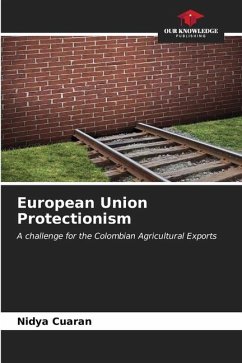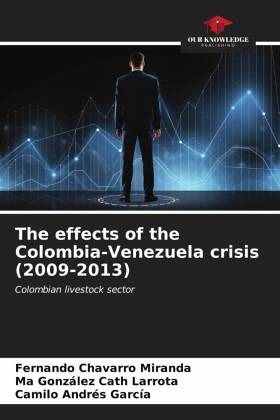
The effects of the Colombia-Venezuela crisis (2009-2013)
Colombian livestock sector
Versandkostenfrei!
Versandfertig in 6-10 Tagen
27,99 €
inkl. MwSt.

PAYBACK Punkte
14 °P sammeln!
The trade and financial performance of the Colombian livestock sector after the Colombia-Venezuela bilateral crisis between 2009 and 2013 is evaluated. A mixed methodology is used, which contextualizes the situation of the sector through a statistical analysis of the variables exports, imports, trade balance and GDP of the Colombian livestock sector. Likewise, based on an analysis matrix, the financial and commercial effects of the legislation enacted by the Colombian government to promote a better performance of the sector in the country's economy are identified. Finally, a theoretical applic...
The trade and financial performance of the Colombian livestock sector after the Colombia-Venezuela bilateral crisis between 2009 and 2013 is evaluated. A mixed methodology is used, which contextualizes the situation of the sector through a statistical analysis of the variables exports, imports, trade balance and GDP of the Colombian livestock sector. Likewise, based on an analysis matrix, the financial and commercial effects of the legislation enacted by the Colombian government to promote a better performance of the sector in the country's economy are identified. Finally, a theoretical application of the Balassa-Samuelson model is made in order to determine the country's productivity in the period covered by the research. The results show that the effect caused by the bilateral crisis on the Colombian livestock sector affected its commercial and financial performance, due to the sector's strong commercial dependence on Venezuela.



